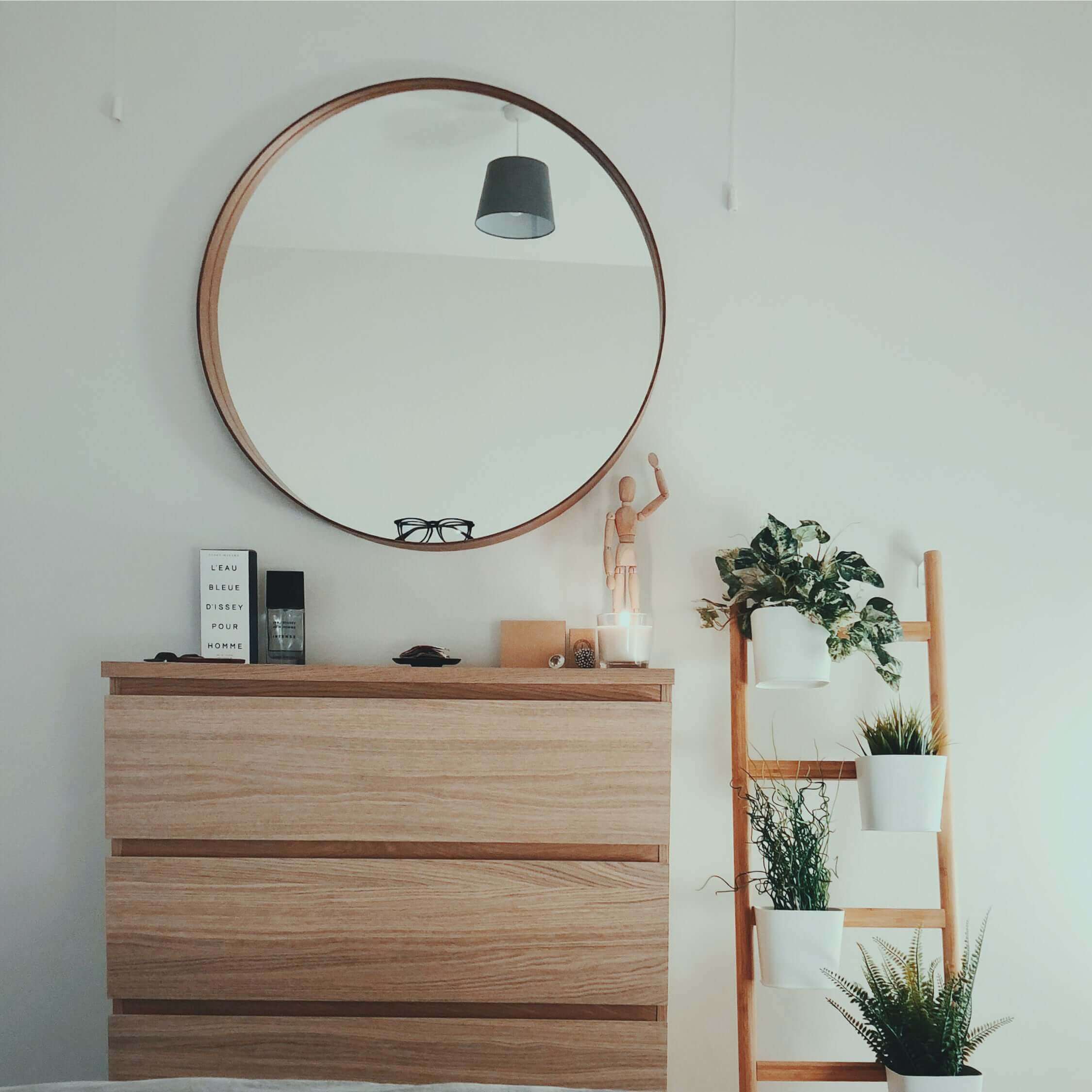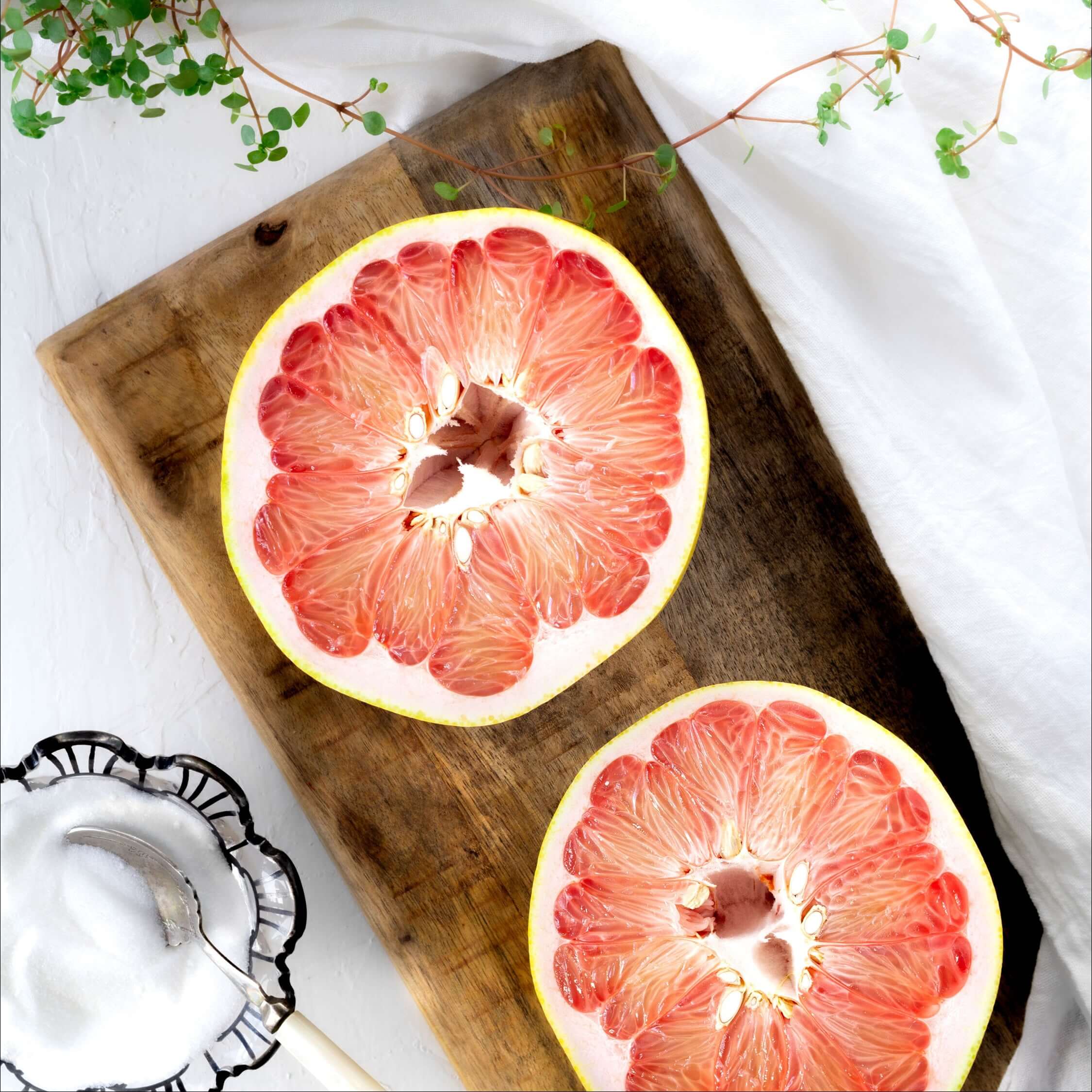Do blue light blocking glasses really work?
I can’t believe I haven’t written on this topic yet since I bang on about it to every one of my clients. I’ve covered red light therapy on the Presscription blog before, but I haven’t done a specific post on blue light, the benefits, the drawbacks and the associated health risks - so here goes.
I think the reason this came to mind today was because I’ve been seeing a handful of fancy Instagrammers in some very lovely blue light ‘blocking’ glasses recently and every time I do I can’t help but feel sorry for them that they’ve succumbed to marketing jargon!
If you can see the colour blue through your blue-light ‘blocking’ glasses, they’re not blocking blue light. But first let’s discuss why you might want to block blue light in the first place…
What is blue light?
Plain and simple blue light is part of the visible light spectrum emitted by the sun. You know the science experiment at GCSE where you direct light through a prism and all the colours of the rainbow come out the other side? This is the visible light spectrum, blue, green, red, purple, orange etc.
So the first thing to note is this: blue light is not bad, it’s natural and necessary for human health. It’s actually fundamental for energy production and getting the correct signalling to the brain via light cues to secrete hormones at certain times of day.
The problem with blue light
The thing is, humans have evolved in conjunction with the sun and all the wavelengths of light that make up the full spectrum, but technology has isolated only the blue fraction in bright LEDs and fancy lighting displays. We sit indoors behind a screen, lights on overhead with only the blue light (and a bit of green if we’re lucky) and no red, orange, purple etc...
The cells in the human body are optimised to work with sunlight which carries light frequencies of 250-780. Issues for our health are caused by anything that’s outside of this range, and it’s actually not just visible light that’s the problem.
The way we communicate with each other these days via WiFi, bluetooth and 4G (which of course has its benefits, what would we all have done without Zoom in lockdown?) is also an issue for our health. We use non-native EMF (electromagnetic force) to communicate via phone and wifi, and RF and microwaves too - which are part of the electromagnetic spectrum, but not the part that our human biology is optimised for. Go back and have a read of the blog post on EMF radiation if any of that didn’t make sense…
Light speaks to the mitochondria in our cells, the powerhouses of the cell that are responsible for all cellular processes (which is essentially everything, since everything is made up of cells).
When we surround ourselves with these non-native frequencies and spend all day under conditions of blue light when we should only really see it during daylight hours, we wind up with chronic health issues because our mitochondria aren't working properly.
Blue light from natural sources is always balanced with red, green, purple and all the other colours of the full light spectrum, but not in our modern lives.

Best Tasting Soup cleanse in London!
"We've tried a number of different soup and juice cleanse and this was by far the best. Bursting with flavour and didn't get overly hungry. The nut mylk is just awesome."
Ainsley S
Circadian Rhythms
Metabolic and chronic illnesses are common when there is mitochondrial dysfunction, but on a more basic level you might notice problems with your sleep if you spend too much time on your phone at night before bed, and we know that sleep is the best anti-viral medicine, it’s when our bodies clean up damaged cells, detoxify from the day, take up cellular waste etc etc etc.
Remember how I said that light is the signal for many hormonal releases in the body? Well it’s the trigger for melatonin production, the hormone that makes us feel sleepy...but not how you might expect.
If you have been in the market for some blue blocking glasses then you might have read or heard online that blue light at night stops or blocks melatonin production. But did you know that melatonin is actually produced in the morning? The reason I tell all my clients to get some daylight first thing in the morning (no matter how cloudy it is) is so that they can get the light signal to start producing melatonin. It’s then stored in the body throughout the day and then as the sun goes down that’s the signal our bodies need to start releasing that stored melatonin to make us feel sleepy.
So do blue blocking glasses really work?
Yes! But not the ones you commonly see on instagram that just look like normal glasses. To actually block blue light you need red lenses and when you put them on you shouldn’t be able to see anything that’s blue! Good quality lenses should cost you over £50 and easily up to £100 depending on the brand. Wearing the ones with more clear lenses isn’t completely useless though, they're good for day time laptop usage as they’ll filter out some of the blue light but not all - remember, we actually want blue light during the day time!
My personal preference for really good blue blockers are these from Red Light Rising (and if you use code GKNUTRITION you should get a small discount).
Wear them from about 6pm onwards and watch your health, sleep, mood and pretty much everything improve. Oh, and don't forget to also get outside first thing in the morning!
@gracekingswell
 Why Presscription?
Why Presscription?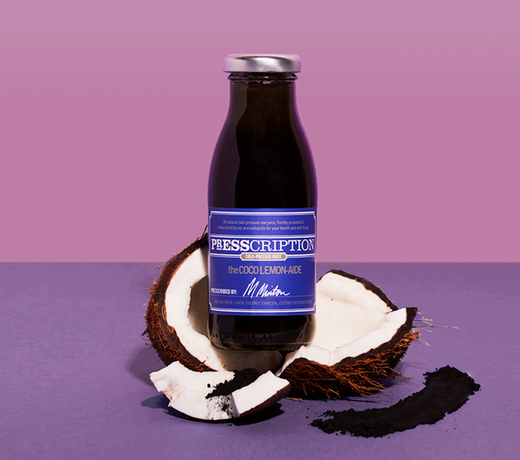 Why Cleanse?
Why Cleanse?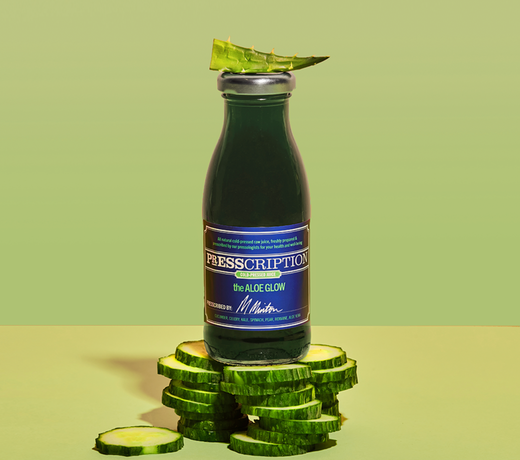 Cleansing Tips
Cleansing Tips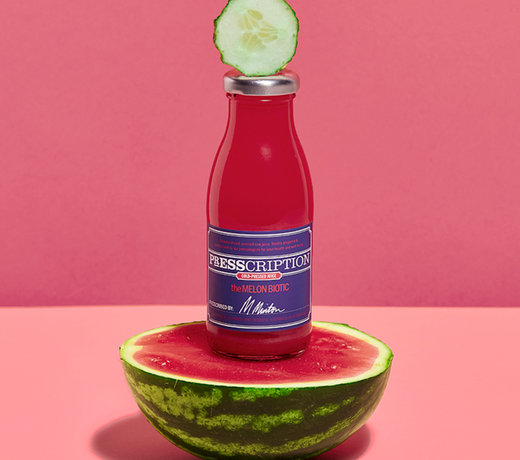 What's Pressing?
What's Pressing?
